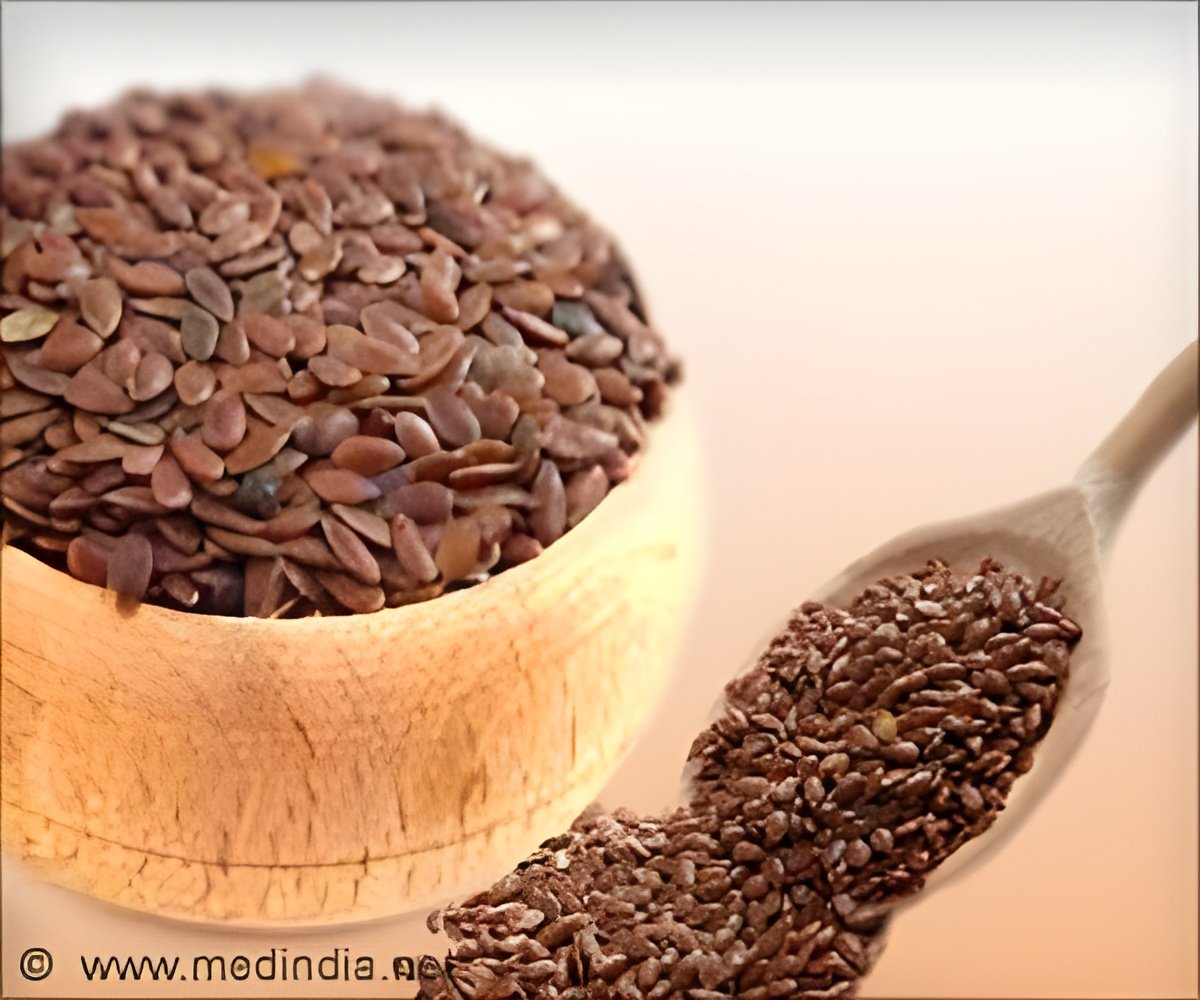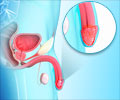
‘A closer look at endogenous metabolic processes, which would require well developed analytical methods that will ensure the substance we interact with in our a daily basis are safe for use.’
Tweet it Now
In women, breast cancer is still the most common diagnosis. According to Statistik Austria, 5,355 women were affected by malignant breast tumours in 2017, which is 28 per cent of new cases and 17 per cent of all cancer deaths. Worldwide, one in eight women will develop breast cancer during their lifetime.
Just as in the case of uterine and ovarian cancer, the growth of these tumours is promoted by oestrogens. As many tumours develop during menopause and postmenopause in women, the treatment of menopausal symptoms—such as hot flushes, sleep disorders and depression—with oestrogens is now known to be associated with too high a risk.
For this reason, women increasingly resort to natural alternatives to alleviate their complaints, which may often last for years. Popular substitutes are phytoestrogens such as those found in soy, red clover or black cohosh (Cimicifuga racemosa), which are readily available as food supplements. We still hardly know, however, how these natural substances affect the growth of tumours and the hormonal balance of women when used over a longer period of time.
A research project led by the pharmacist Walter Jäger of the University of Vienna is now investigating for the first time the influence of phytoestrogens and other natural substances, which are often advertised as “miracle cures”, on the metabolism of oestrogens and the hormonal balance in general. To this end, the project funded by the Austrian Science Fund FWF involved an examination of breast tumour cells obtained from patients in various stages of development.
Using state-of-the-art molecular biological methods, the team at the University of Vienna’s Division of Clinical Pharmacy and Diagnostics characterized cell lines in the presence and absence of phytoestrogens.
Advertisement
According to the scientist, the products available in Austria do not pose a risk with regard to their dosage, but it should be noted that products with high dosages are easily available via the Internet. From other studies, for example, it is known that an amount of 500 mg resveratrol, taken over a longer period of time, does have an impact on hormone levels in healthy women.
Advertisement
“It might even be that the growth of tumour cells could be stimulated in a woman who has breast cancer and eats tofu twice a day,” explains the pharmacist. As a next step in the project that will run until spring 2020, in cooperation with the University of Ljubljana in Slovenia, the research teams will test the active ingredients of black cohosh, which is a popular treatment for menopausal symptoms administered in the form of tablets or capsules.
The analytical methods developed in Vienna can also be used to test drugs and their effects on hormonal balance. Jäger’s team has, for instance, tested ovarian tumour cells, a type of cancer that is often diagnosed late and has an aggressive progression, for frequently used drugs (cytostatics). The tumours often develop resistance to these standard drugs.
“We have seen for the first time that resistant tumour cells suddenly metabolize less well, which means we can tell which are resistant and which are not,” explains Jäger. The expert regrets that such methods for hormone analysis are not yet fully developed in clinics. While they are complex and therefore cost-intensive, these tests are also effective.
Apart from exploring how active substances from plants interfere with hormonal levels, the researchers are also interested in providing more insight into other metabolic processes. This means finding out, for example, how the concentrations of various endogenous substances in a tissue, or in body fluids such as urine or blood, change when someone takes natural substances or drugs. This information is still missing for drugs and food supplements currently on the market. “We would like to have a much closer look at endogenous metabolic processes, which would require well developed analytical methods,” says Jäger. These insights could help not only to identify undesirable side effects at an early stage, but also to find new drugs that act specifically on specific metabolic pathways.
Source-Medindia













